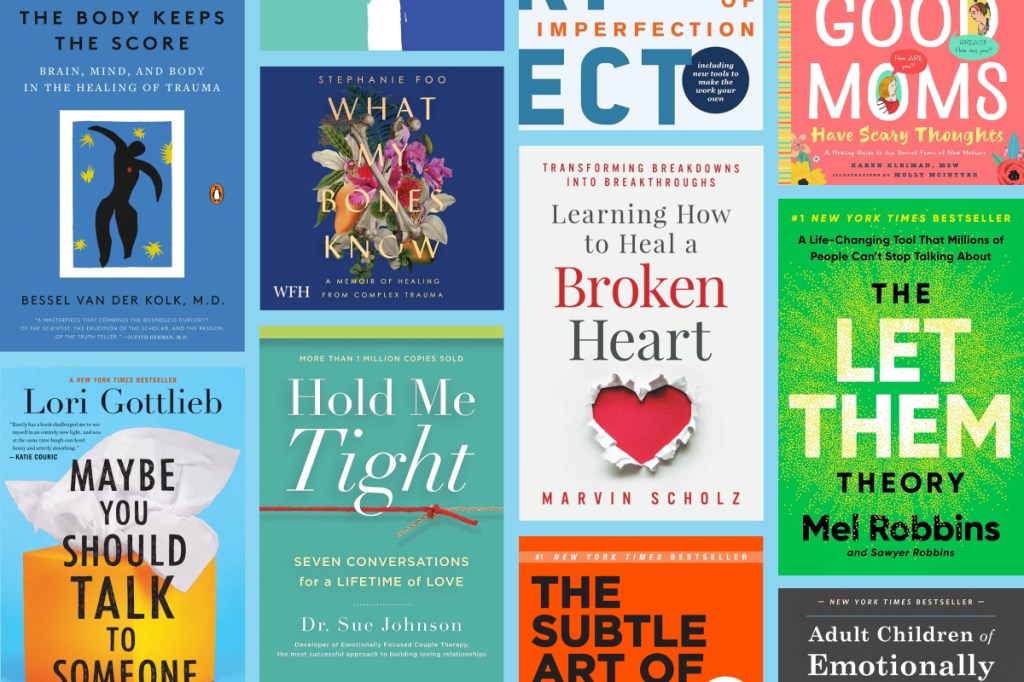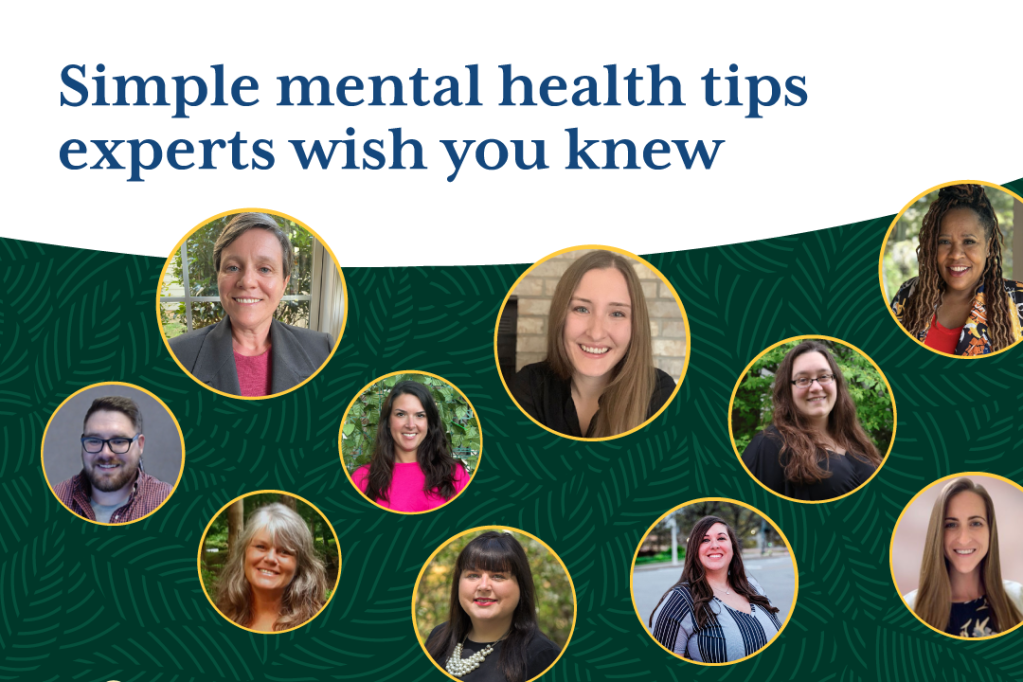A Guide to Life Coaching
Have you ever found yourself wondering exactly what you’re capable of? We can all benefit from a push in the right direction, valuable advice, and motivation. More specifically, we can benefit from working with a life coach: a professional who is trained to help clients excel in life.
What Is Life Coaching?
Life coaching is designed to help an individual achieve their goals—to push them to self-reflect, realize, and reach their fullest potential. Many people seek this service for different aspects of life. For example:
- Business leaders who want to continue advancing in their career
- Recent college graduates who feel lost in the “real world”
- Teachers who want to better serve their students
- Recent retirees looking to find new meaning in life.
Needs vary from person to person—the life coach’s job is to address whatever those needs may be. Additionally, there are different types of life coaches who specialize in offering specific success help.
There are business coaches, career coaches, Christian life coaches, executive coaches, personal coaches, and others. These life coaches can offer help in an individual’s personal and professional life.
Who Should Work with a Life Coach?
Anybody and everybody can seek life coaching and benefit, due to its flexible nature. A life coach will first meet with their client and then design future sessions around their specific needs and goals. Therefore, no two sessions are identical—one individual’s experience may vary greatly from another’s, even if they’ve seen the same coach. However, there are some similarities seen across sessions, such as the benefits.
If you choose to invest in your life and your future by meeting with a life coach, here are several benefits you’re likely to experience:
- Unbiased support and guidance from your life coach
- A better understanding of your professional or personal goals
- An increase in productivity in your professional or personal life
- Techniques and strategies that will help you reach those goals
- Greater accountability, which will keep you moving forward
- Encouragement and opportunity to talk about yourself for once
- Better self-esteem and confidence
- Advanced/advancing personal development
- A clearer path to success and happiness
You and your coach will work together to achieve these important goals. While the life coach possesses the skills to guide you in this process, your dedication will prove just as important to your success.
What Does a Life Coaching Session Look Like?
As mentioned above, life coaching sessions vary according to a client’s goals and needs, as well as a coach’s approach. However, the purpose of these sessions is universal: to further the client’s success and focus on their developmental goals.
These goals may be personal or career-related. Some examples include:
- Graduating from college
- Earning and receiving a promotion
- Adjusting to change
- Making a major life transition
- Embarking on a new career path
- Opening a family business
- Feeling happy and comfortable at work
Life coaches work with their clients—either in life coaching in-person or life coaching online—to make their dreams a reality. These professionals pull from a variety of methods to diminish their clients’ negative thought patterns, help them organize and understand their goals (such as those listed above), and move confidently in the direction of achieving them.
Life coaches do not simply advise—they listen thoughtfully, they offer insight, and they guide their clients on their journey.
Quick Facts About Life Coaching
- Life coaches dedicate their lives to helping clients achieve their goals and reach a greater potential.
- They each have their own coaching styles, which may also vary based on their client’s needs and preferences.
- A life coach is not synonymous with a therapist. They are two different professions, which demand different qualifications.
- There are organizations dedicated to teaching and enforcing ethics of life coaching, such as the International Coach Federation (ICF).
- A life coach may work independently, or partner with medical, therapeutic, or life coaching organizations.
- Life coaching is believed to have emerged in the 1970s amidst a self-help movement.
- Sports team coaches are said to have first utilized popular approaches of life coaching.
Life Coaching In Action
Ronnie has mixed feelings about her move. She’s lived in the same apartment, on the same street, in the same town for the last 5 years. And now she’s leaving it all behind to embark on a new journey. Sure, she’s excited and she knows that the change is right, even necessary to her growth—but that doesn’t mean she’s not nervous about the transition.
- What if she hates her new apartment?
- What if she doesn’t make friends?
- What if she doesn’t like her coworkers?
After a few weeks of these nagging thoughts, Ronnie decides to act: she schedules a session with the life coach a few blocks over. Immediately upon walking into his office, she knows she’s made the right decision.
They spend the first session talking through her concerns and beginning to break her negative thought patterns. The two sessions that follow focus on more positive aspects of her move, such as the goals she’s hoping to accomplish. Ronnie’s life coach puts her move into perspective: she’s refocused on why this change is good and necessary for her development.
—
Justin has a major decision to make: stick with his current company or embark on a new business venture with his brother—play it safe, or risk it all. Just a couple of days ago, Justin’s brother Christian barged into his house, begging Justin to “just hear him out.”
For the next four hours, the two discussed the possibility of opening up a family restaurant: a childhood dream Justin thought had died long ago. It was a ridiculous, foolish idea… but it was also exciting. Justin explained to his brother that he was finally in a good place at work—he felt satisfied, and perhaps, more importantly, safe.
But his hesitation was apparent. It was a proposal he had to consider. Ultimately, Justin decided he couldn’t possibly debate this decision alone; so, he paid his life coach a visit. And after a few weeks of sessions, Justin knew what he had to do.
Flash forward five years: Justin and Christian own and operate the most popular restaurant on the block. Justin’s coach helped him realize that dream never died. And it would be a difficult road to travel, but the payback would be priceless: nothing beats pure joy and fulfillment.














